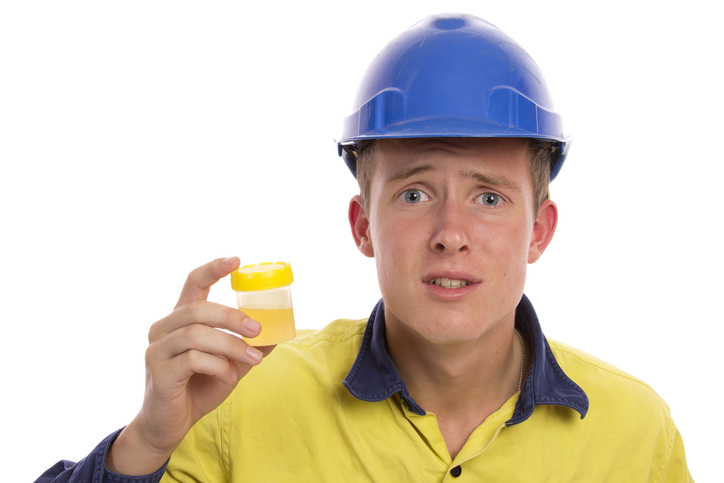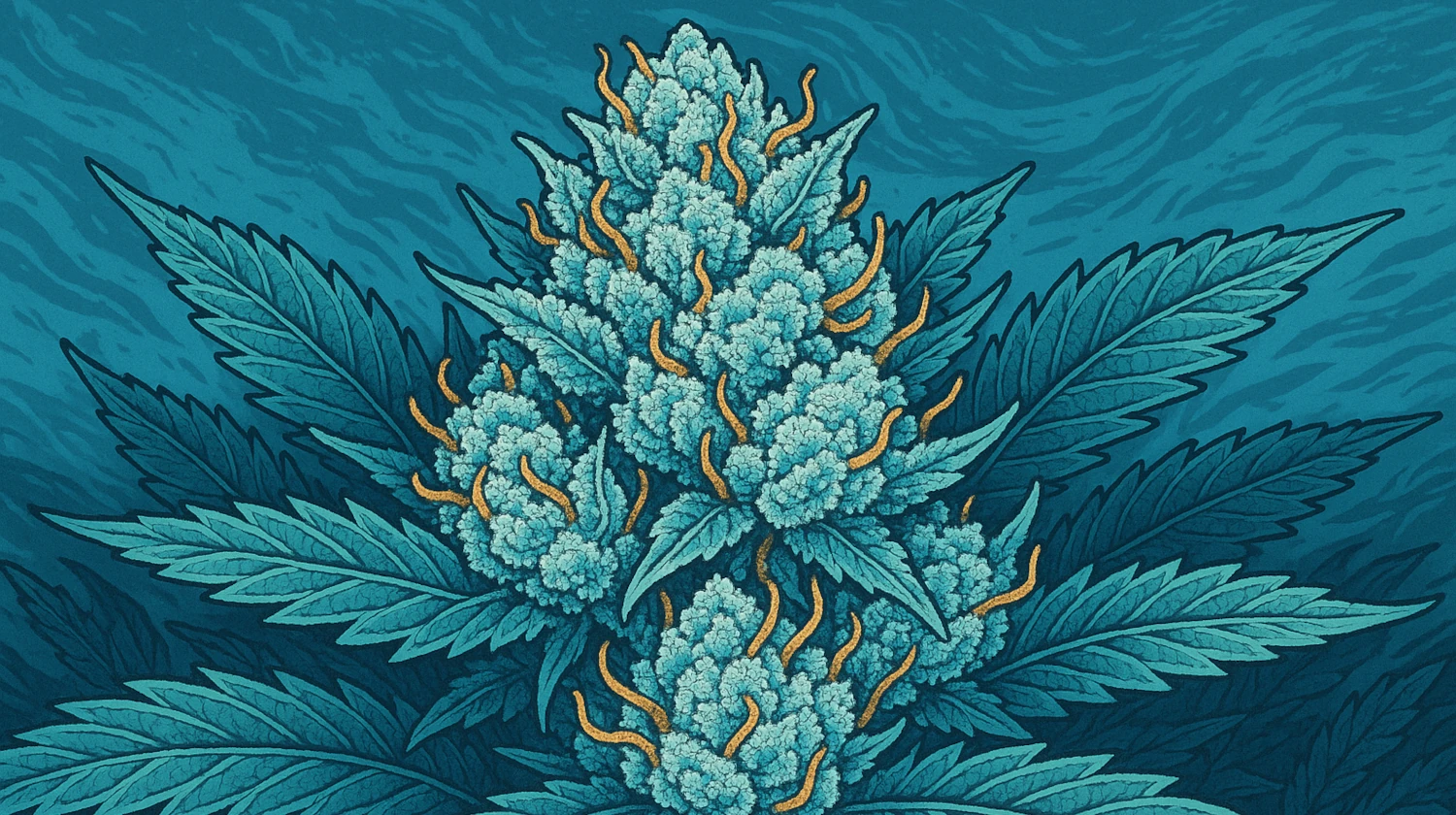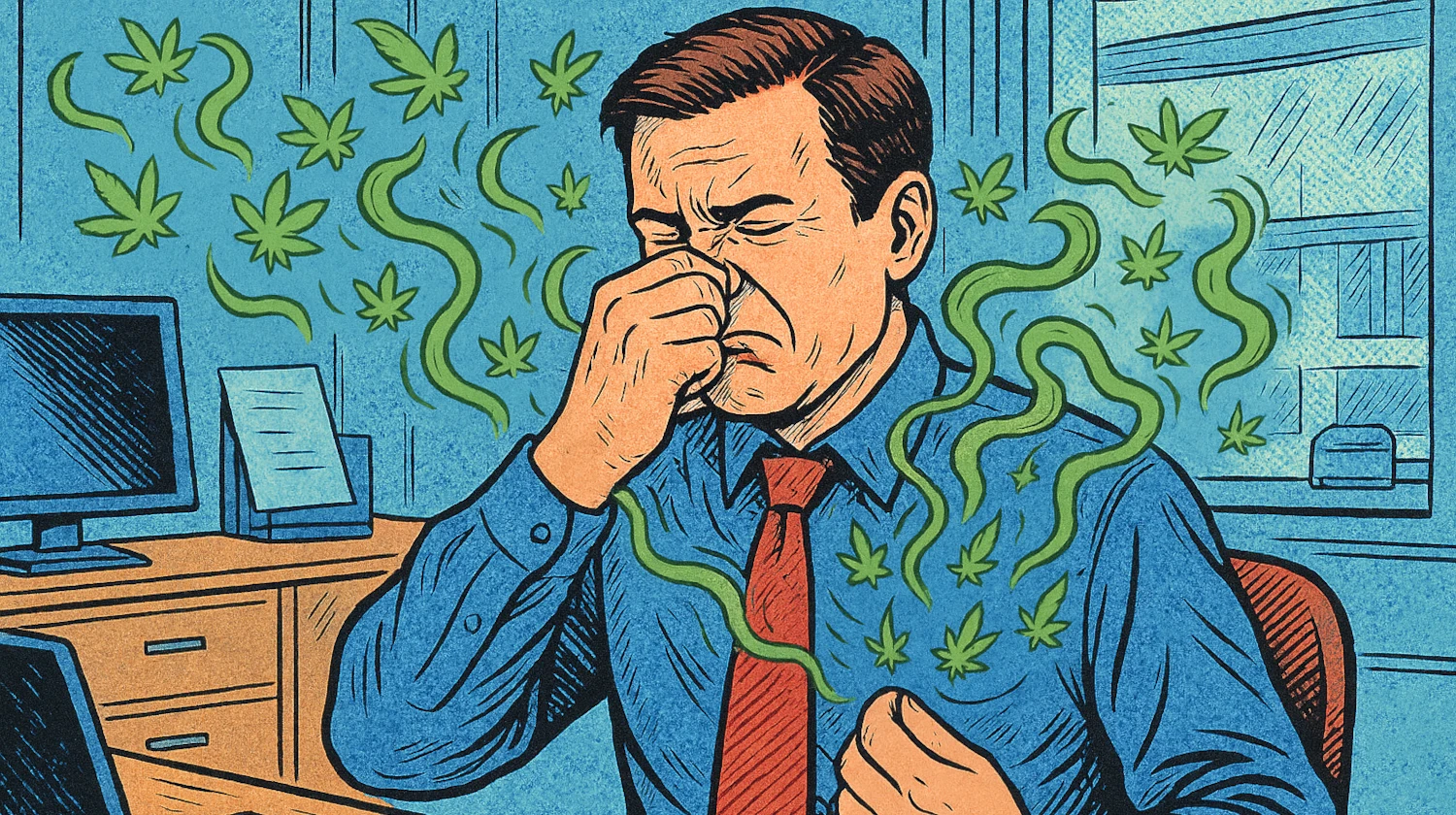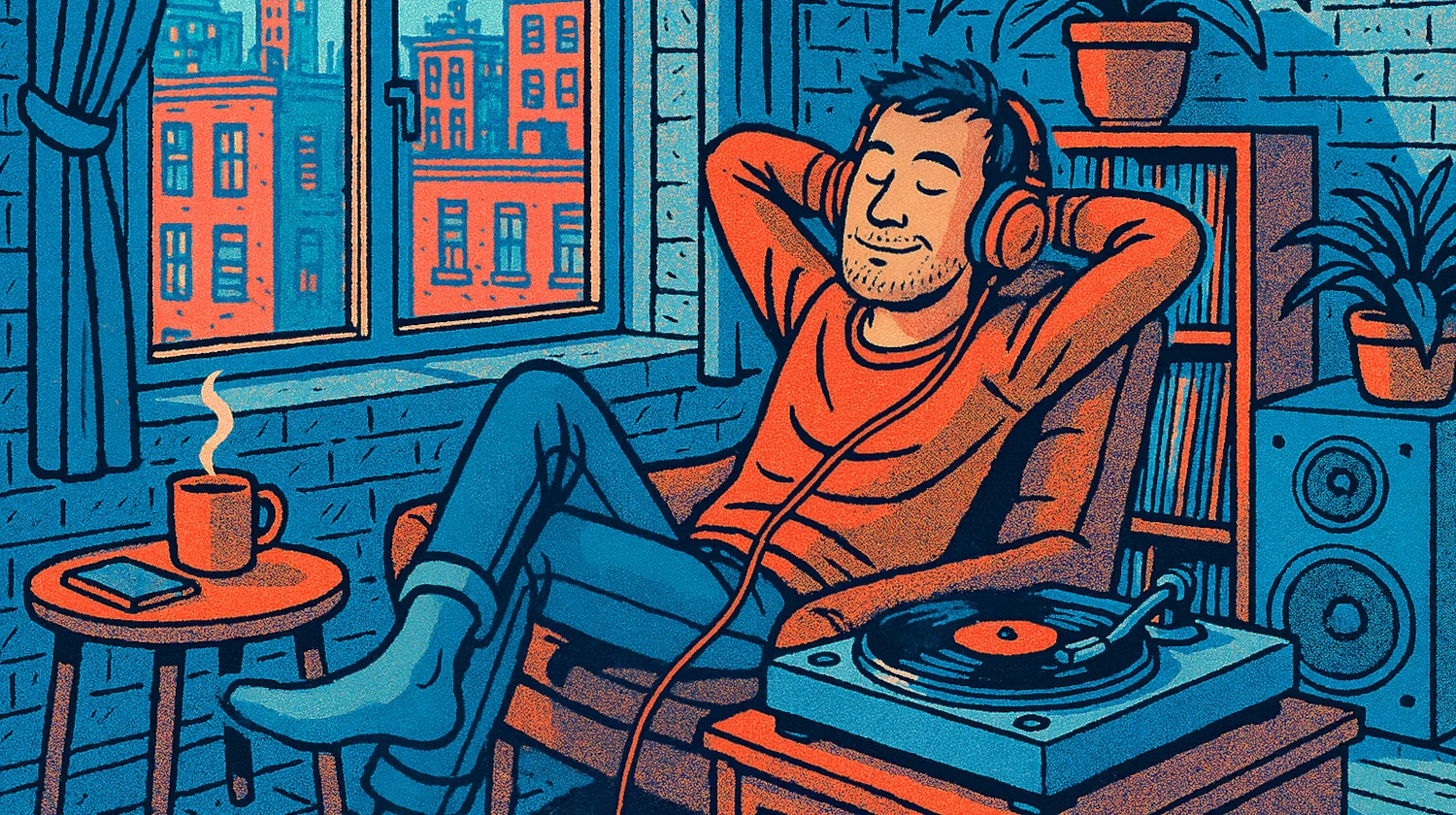With marijuana legalization ramping up across the country and widespread public acceptance of cannabis, lots of people are starting their cannabis journey for the first time. Many people who have never heard about the various chemical compounds in cannabis don't know the difference between THC dominant products and CBD dominant products, especially as it pertains to drug tests and what shows up. In this article, we're going to explore how the different chemical compounds can skew your drug test results, as well as some of the significant problems facing CBD products today.
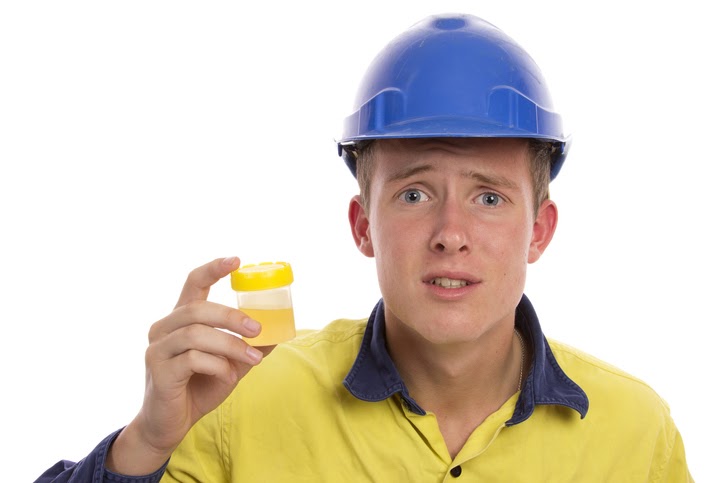
The era of illegality is slowly fading away into the abyss, and widespread cannabis legalization is rapidly approaching. With dozens of states allowing some form of legal cannabis, the amount of cannabis users has significantly increased in recent years. Many of those new users are also new to the legal landscape of cannabis, while some of the more seasoned cannabis users benefit from having previous experience on their side. For medical patients, on the other hand, there are many blurry lines regarding how cannabis regulations can and should be enforced. In particular, there is a lot of ambiguity surrounding workplace compliance and employee guidelines as it pertains to medical cannabis and non-intoxicating CBD products.
CBD Products Growing In Popularity
Ever since the government legalized the sale and use of CBD products containing less than 0.3% THC, the popularity has grown by leaps and bounds. You can purchase CBD products in retail and convenience stores, online shops, and gas stations. There's certainly no shortage of non-intoxicating CBD products on the market.
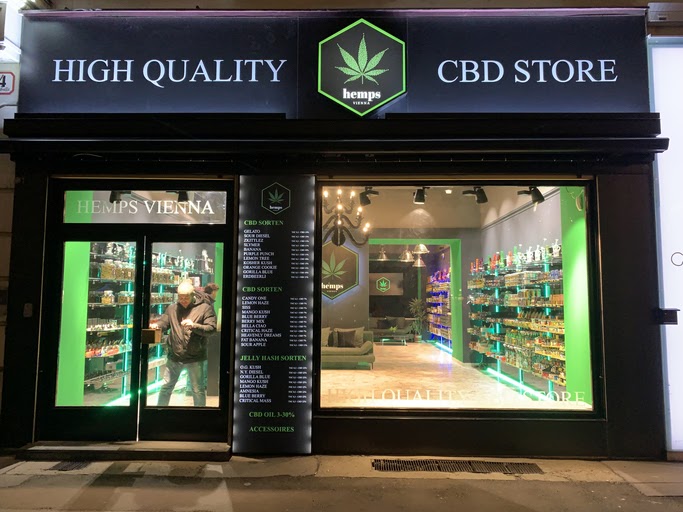
All of these CBD products are competing to serve the increasing demand of consumers re-entering the cannabis market. However, it's worth mentioning that not all of these CBD brands utilize proper quality control practices and thoroughly test their products in labs.
The Difference Between CBD And THC
CBD (cannabinol) has gained mainstream popularity over the last five years mainly due to its newly found medicinal properties. Popular CBD-dominant marijuana strains such as Charlotte's Web and Ringo's Gift have significantly helped with mainstream awareness of CBD. CBD has been known to provide awe-inspiring relief to many struggling medical patients. People who take CBD commonly report benefits such as muscle relaxation, pain relief, neuroprotective qualities, reduced anxiety and depression, reduced epileptic symptoms, and reduced insomnia.
The other popular chemical compound in cannabis is called THC (tetrahydrocannabinol). THC has been widely known for a very long time and is almost synonymous with being high. Most of the reported medical properties surrounding THC are driven by pain relief and anxiety and depression relief, although many other potential benefits are gaining interest with recent research expansion.

The Entourage effect refers to the combination of various chemical compounds in cannabis that are working in cahoots with our body's endocannabinoid system. Many feel that we receive the greatest benefit from medical marijuana when we ingest the full spectrum of these compounds instead of just THC alone. CBD is among the most commonly sought-out compounds by those seeking the entourage effect.
While many of the medicinal benefits of cannabis are not new discoveries to long-time users, we learn more with every new study about how each of these compounds affects the human body. As new laws pass and more products enter the market, it's increasingly important that we understand the effects of these chemicals in an isolated fashion and when applied together.
Why Are Contaminants A Problem
Contaminants in CBD products are among the most significant issues for cannabis users seeking medical refuge from narcotics and unnatural medicines. The problem with contaminants is that you think you're consuming one thing, but in actuality, you're consuming something else you may not have wanted.
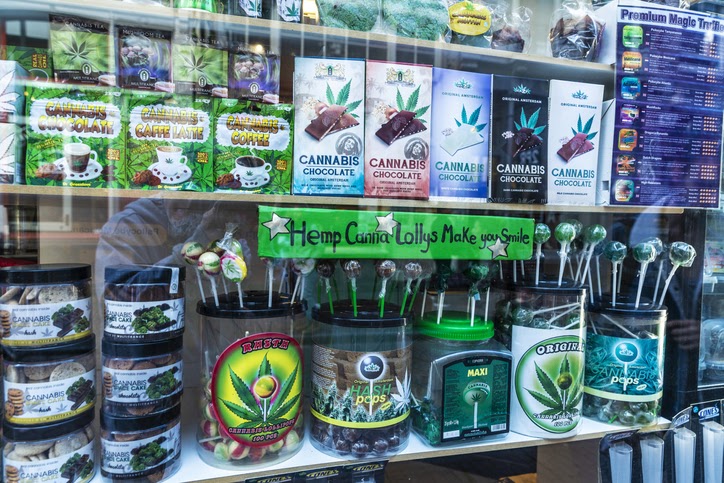
Say you buy a cannabis or hemp-derived CBD product, and it's advertised as having less than 0.3% THC. In actuality, the product has been contaminated with more THC than advertised. Once you have ingested the product, you now have THC in your system. Well, that's where things can start to get sticky because what if this causes you to fail a drug test at work? Or if pulled over by law enforcement when you thought you were only driving with CBD in your system? All you did was buy a legal muscle relaxation product, and now you're at risk of being accused of doing something more.
While CBD is legal nationwide, THC is not. For many hard-working Americans, testing positive for THC means being in jeopardy of losing your job. In certain medical marijuana markets, laws in place protect medical marijuana patients from losing their jobs for testing positive for cannabis. Still, it is not a widely adopted practice in most cannabis markets. So, people shouldn't be forced to risk their employment status because they used legal products for their purported medicinal benefits.
Drug Testing and CBD
While CBD is legal on a federal level, most companies don't have employee guidelines that are cannabis-friendly. This means it's important to know the differences between the types of drug tests that are most commonly administered.
The vast majority of drug tests are either urine-based or an oral swab. In both cases, in terms of cannabis, they're looking for THC or the metabolite THC-COOH, a bi-product of our body metabolizing that THC. It can take anywhere between 1 week and 30 days to flush your body of the chemical compounds found in cannabis.
This means that if you’re using a truly pure CBD product, you won’t test positive for cannabis via a urine or oral fluid drug test.
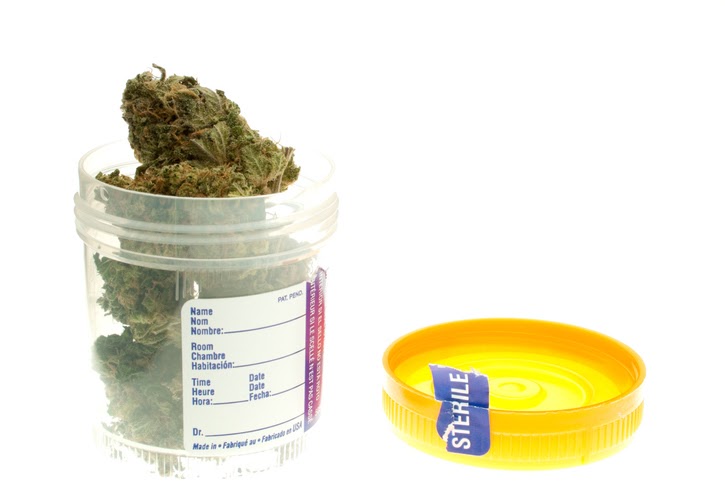
However, Be careful! Not all “CBD only” products are 100% free of THC and may contain trace amounts. If you use large enough amounts, these trace elements could be enough for you to test positive, even though you never got ‘high’. Even some CBD creams could result in a positive drug test in select cases (though it is generally unlikely).
If you're worried that your current products might put you at risk, take a look at our guide on how to detox to be on the safe side.
Does It Matter How I Consume It?
No. These tests are looking for THC or THC-COOH. No matter how you consume it, they’ll still show up in the same way if you’ve consumed enough THC whether you've eaten it, smoked it or ingested it in another manner.
It Might Be A Question Of Priorities
We're not here to give you medical advice, but we would advise that you proceed with caution. Knowing the state of your employment and their drug policy is the first step. If they have a zero-tolerance policy, then you may want to reconsider whether CBD products are right for you. Ultimately, your decision should come down to your personal priorities. If the risks outweigh the benefits, then you may want to explore other options for medicinal treatment.
Alternatively, the benefits may very well outweigh the risk for you and if that's the case, by all means, proceed. But if they don't, it would be in your best interest to do a lot of research on the product you will be taking.
You'll definitely decrease the chance of having a positive drug test for THC if you purchase your CBD products from licensed dispensaries. This is because the products sold in (most) licensed cannabis dispensaries are tested for cannabinoid content. Many dispensaries carry products that contain CBD only, with no or very low traces of THC due to increased medical interest. Quality-tested products might be pricier, but you'll get the added peace of mind because you know exactly what you're ingesting.
If you'd like to learn more about CBD and how it can fit into your healthcare routine, NuggMD's doctors are always ready to help! You can speak to a NuggMD physician between 8AM and 10PM daily, including weekends with no appointment needed. Prices vary by state. NuggMD currently serves patients in California, New York, Nevada, Missouri, Oklahoma, Illinois, Pennsylvania, Ohio, Connecticut, New Jersey and Virginia.

